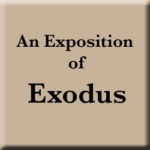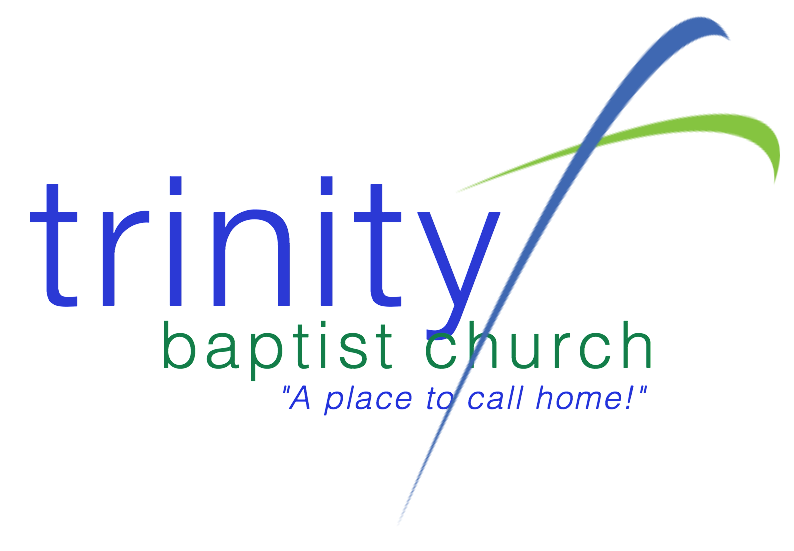
This exposition of Exodus 8:1-15 by Pastor Rod Harris was delivered at Trinity Baptist Church on Sunday morning, July 22, 2018.
Intro:
Everyone acknowledges there is a problem. You have to. We, as Southern Baptist, claim 16.5 million members and yet less then 8 million are ever gathered for worship on Sunday.
[sections collapse="always"][section title="Read More"]
Less than half of all Southern Baptist gather for worship. Let’s bring it closer to home. Technically we, Trinity, have well over 1000 on our roll. We are doing good to have 120 for worship on Sunday morning. That’s a problem. That says that the vast majority of those claiming a relationship with God through faith in the Lord Jesus, have no interest in expressing their love and devotion to the Sovereign king of the universe. This despite the fact that we are commanded to gather for worship. Imagine, you came to the realization that you were a hell-bound sinner rightfully the object of God’s eternal wrath and then discovered that God himself, through the Lord Jesus, suffered and died so that you could live forever as the object of His love and grace but you have no desire to publicly express your gratitude and devotion to Him. We have a problem. I understand that there can be many explanations for why a person may not want to go to church. They’ve been hurt by someone or by an entire congregation. They are angry at God because something did not go as they wished. But there is another terrifying option. It just may be that many on our church roll have never truly been converted. It is our Lord himself who said that at the great judgment the Sovereign Judge would say to many, “Depart from me, I never knew you.” I’m not the judge. It is not my place to make such determinations but we would do well to allow the Scripture to speak and to heed the warning. Our text this morning is found in Exodus chapter 8.
Text: Exodus 8:1-15
We’ve noted that the plagues of the Exodus are a series of blows against Pharaoh and the nation of Egypt. We’ve also noted that this showdown ultimately is not between Moses and Pharaoh but between the true and living God and the gods of the Egyptian pantheon. Further we’ve seen that this is an insight into the great struggle for the souls of men.
- God brings a demand (the same one over and over - “Let my people go!”)
- Pharaoh refuses
- God brings judgment
- Pharaoh hardens his heart
- Repeat
The first plague was the waters of Egypt turned to blood. The mighty Nile, the rivers, canals, ponds, even the vessels of wood and stone. The 7th chapter ends with the people frantically digging for water - fending for themselves since the gods of the Nile were incapable of delivering them. This lasted a week. Imagine the devastation, the stench and the humiliation. Now Moses returns.
[Read Text]
You know Pharaoh dreaded seeing Moses again. This time the demand came with a solemn warning. As we work our way through this text I want us to see that…
Thesis: Pharaoh’s response to the second plague warns us the danger of a selfish, survivalist’s faith.
There are three things to note.
- Our Sovereign God does not engage in idle threats. (8:1-7)
- A doctrinally sound, respective plea for God’s mercy proves insufficient when not accompanied by repentance and faith. (8:8-11)
- The unrepentant, when he finds relief from discomfort and pain, gleefully returns to his sinful ways. (8:12-15)
Conclusion:
This is revealing. What we witnessed was not Pharaoh’s new found spirituality but his old superstition. He should have prayed for God to take away his sins, instead he asked that God take away his frogs.
In the end Pharaoh serves as a reminder to us that the only ones safe in that great day of judgment are those who truly belong to God through faith in the Lord Jesus Christ and not those who selfishly seek to preserve themselves through shallow, vague and veiled commitments.
[/section][/sections]
